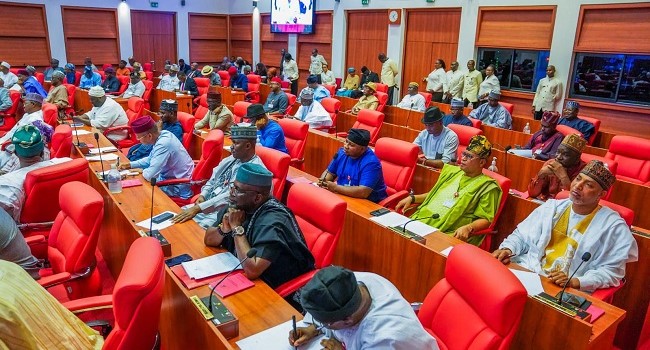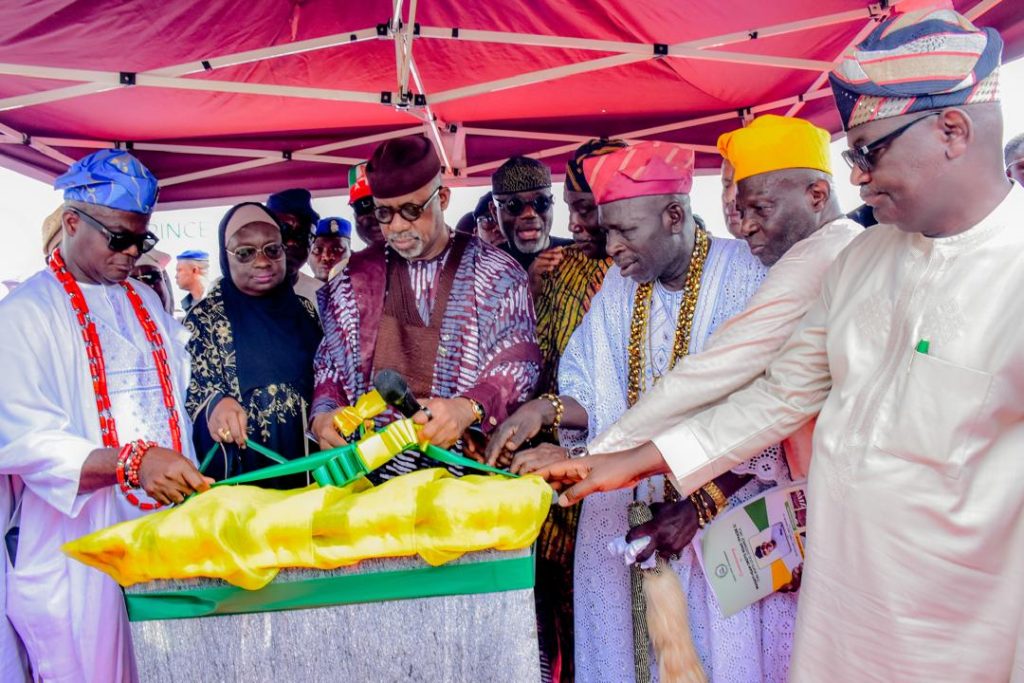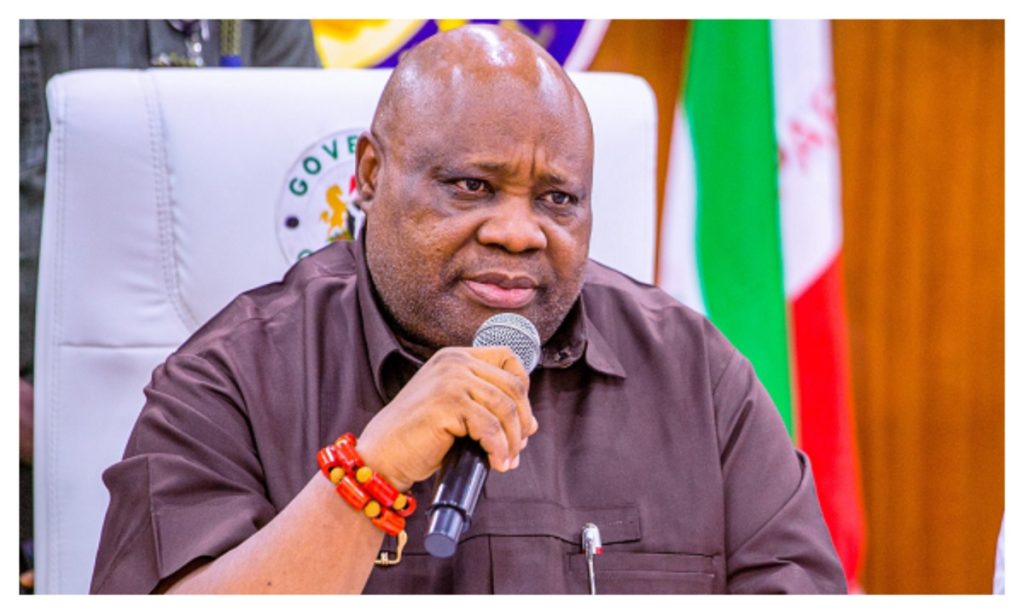The United States has moved forward with a proposed $346 million sale of advanced munitions and precision-guided weapons to Nigeria, according to an announcement by the U.S. Defense Security Cooperation Agency (DSCA). The State Department greenlit the potential Foreign Military Sale, which includes guided bombs, rockets, and related equipment aimed at bolstering Nigeria’s military capabilities.
Nigeria’s requested package features over 1,000 MK-82 general-purpose bombs, precision-guided Paveway II systems, and 5,000 Advanced Precision Kill Weapon System II (APKWS) rockets, along with fuzes, components, and technical support. Lockheed Martin, RTX Missiles and Defense, and BAE Systems are named as primary contractors for the deal. The DSCA emphasized that the sale aligns with U.S. objectives to strengthen ties with a key regional partner in Sub-Saharan Africa, citing Nigeria’s role in combating regional instability.
The proposal, now under congressional review, includes precision-enabling technologies such as computer control groups and programmable fuzes, designed to enhance accuracy in targeting. Non-major defense items in the agreement range from impulse cartridges to logistical support services, though the DSCA clarified that no additional U.S. personnel or resources would be deployed to Nigeria for implementation. Officials also confirmed no offset agreements—compensatory trade deals often linked to arms sales—are attached to the transaction.
In its statement, the agency underscored that the sale would not deplete U.S. military readiness, addressing potential concerns about resource allocation. The move reflects ongoing U.S. engagement in Nigeria’s efforts to address security challenges, including insurgencies and extremist threats in the region.
While the approval marks a procedural step forward, finalizing the deal hinges on congressional authorization and contractual negotiations. The DSCA framed the transaction as mutually beneficial, emphasizing its alignment with broader strategic interests without compromising domestic defense priorities.
Analysts note the sale could enhance Nigeria’s air-to-ground strike capabilities, though questions remain about the long-term impact on regional stability. The U.S. has previously supplied military aid to Nigeria, including aircraft and surveillance systems, as part of counterterrorism collaborations.
No immediate timeline for delivery was disclosed, and the Nigerian government has yet to issue a public response to the approval. The DSCA’s announcement follows heightened global attention on African security partnerships amid shifting geopolitical dynamics and resource competition.



